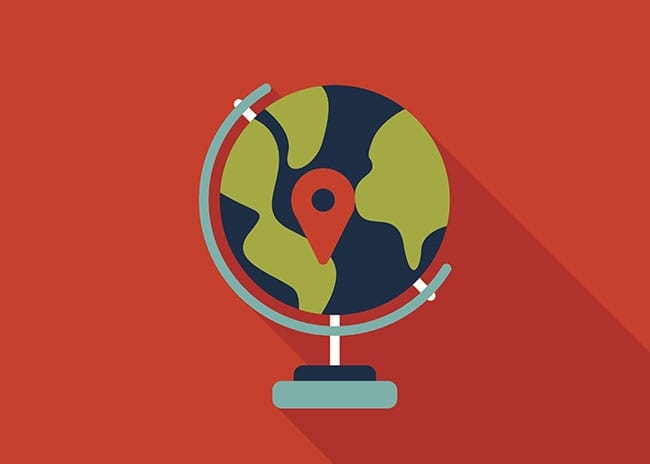What are the financial implications of having a global citizenry? Such was the question addressed by the White House Summit on Study Abroad and Global Citizenship, held in December. The summit was inspired by first lady Michelle Obama’s comments during a visit to China. She spoke of the importance of building relationships between people and how study abroad programs are an educational opportunity for students and a vital part of America’s foreign policy.
Study abroad, according to Obama, is “quickly becoming the key to success in our global economy. Getting ahead in today’s workplace isn’t [just] about getting good grades … but about having real experience with the world beyond your borders. Study abroad is about shaping the future of your country and of the world we all share.”
Watch Michelle Obama speak at Peking University about the importance of studying abroad.
Speakers at the summit, most who had studied abroad, were united in their global expertise and in their commitment to creating opportunities for Americans to gain international experience. They discussed studying, volunteering and working abroad as a civic and economic imperative, and they spoke of pushing for greater diversity among travelers, the destinations people pick and the fields that interest them.
Benjamin Rhodes, assistant to the president and deputy national security advisor for strategic communications and speechwriting at the National Security Council, remarked that all Americans should “know and go”—that to keep up with other countries, globally, means that we need to get out to those other countries.
Rhodes, who studied in Paris, shared resources for increasing participation. Resources include the Youth Leadership Programs, the 100,000 Strong programs in China and Latin America, and the Chris Stevens Initiative. The programs aim to educate a new generation on cultural and global sensitivity by connecting students around the world.
Evan Ryan, assistant secretary of state for educational and cultural affairs, cited some amazing statistics during her remarks: 50 percent of college students want to study abroad, but only 10 percent actually do so. It is important for everyone to study abroad, she said. Ryan, who studied in London, noted that crossing borders increases understanding and helps us solve global challenges.
Jessie Voigts, publisher of WanderingEducators.com, was one of the top 100 travel bloggers and digital media influencers invited to the event.
“Study abroad and gaining international experience are critical to citizens of the world today,” she told me. “In order to compete in the international economy, we need to have an educated, well-traveled, resilient population.”
Speakers at the White House Summit on Study Abroad and Global Citizenship commented on the importance of international education—for personal, cultural and professional growth. Penny Pritzker, secretary of commerce, noted that 65 percent of Fortune 500 executives say that global awareness is essential to a career. Paula Froelich, editor in chief of Yahoo Travel, cited research that suggests knowing a language could double an individual’s earning potential.
“It is expensive to study abroad, but more expensive to not study abroad,” said Angel Cabrera, president of George Mason University.
There are clear advantages to being culturally flexible, socially innovative and having a wealth of international experience. Our co-workers are no longer our neighbors but are scattered across the world.
For our economic future as a nation, it’s also an imperative. Citizens should be familiar with different cultures, languages, customs and current events. These skills will not only change our nation and economy, but also affect the global market and people around the world in a positive way.

























